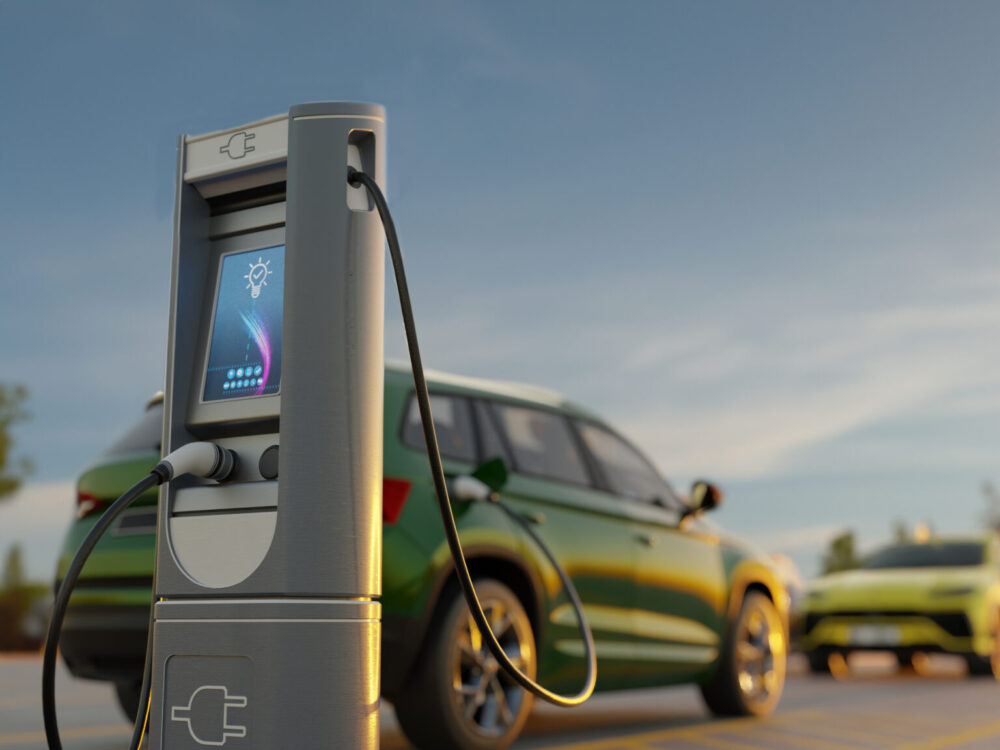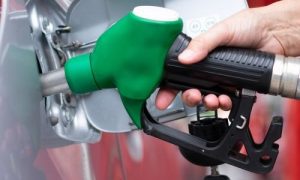Maruti Suzuki to spend ₹165 crore on CSR this year, launch electric cars by year-end: Bhargava

Maruti Suzuki India (MSIL) plans to invest ₹165 crore this fiscal year in corporate social responsibility (CSR) activities and is on track to launch its first electric car by year-end. Chairman RC Bhargava emphasized that the company will continue focusing on conventional technologies while advancing electric and hybrid vehicles. He highlighted the importance of diverse technologies and government incentives to replace petrol and diesel cars, contributing to India’s net-zero emissions goal by 2070.
Maruti Suzuki India (MSIL) has said that it will spend ₹165 crore this fiscal towards the corporate social responsibility (CSR) activities and also it was track to launch its first electric car by end of this year.
The company also said that while electric cars use increases, customers should be encouraged to buy cars using strong hybrid technology or CNG or ethanol and biogas.
“CSR activities continue to receive the attention of the Board…the amount of ₹91.68 crore that was required to be spent in 2023-24 was exceeded by ₹24.07 crore and has been carried over to 2024-25. In this year the required expenditure is about ₹165 crore, the increase reflecting the higher profitability last year,” RC Bhargava, Chairman, MSIL said in the company’s annual report.
He said as the company implements Maruti 3.0, it is evident that technology development would play a critical role in future and while Suzuki is going ahead with its own R&D Company that will concentrate on the development of new technologies, MSIL is strengthening its own capabilities and would concentrate on the current conventional technologies.
“Our engineering manpower has now become about 2,500. The Rohtak facility is fully functional. We are also urging all our vendors to strengthen their own engineering capabilities, reduce dependence on imports and accelerate exports,” he said.
On electric cars and alternate fuels powered vehicles, Bhargava said that the best strategy would be to offer to customers cars with different technologies and at different price levels.
“We will be introducing electric cars in the next few months. The ability to rapidly expand the acceptance of such cars would depend on the pace of infrastructure development and reduction of the cost of electric cars…It is also clear that pure petrol and diesel cars are the worst in terms of carbon and greenhouse gas emission and consumption of fuel. Therefore, while electric cars use increases, customers should be encouraged to buy cars using strong hybrid technology, or CNG or ethanol and biogas,” he said.
Pure petrol and diesel car use should be minimised, he said adding that hybrid cars improve fuel efficiency by about 35 per cent to 45 per cent and help reduce the carbon and greenhouse gas emission by 25 per cent to 35 per cent.
He also appreciated the recent announcement by the Uttar Pradesh government on incentivising strong hybrid vehicles and hoped that such steps would result in petrol and diesel cars being replaced by cars using other technologies.
“Some believe that your company has been slow to manufacture electric vehicles…The government has also accepted that in India there is need to use different technologies. Some States, like UP have already taken steps in this direction. We now await a policy framework that would lead to the promotion of all technologies that result in petrol and diesel cars being replaced by cars using other technologies,” Bhargava added.
Hisashi Takeuchi, Managing Director and Chief Executive Officer, MSIL also said that the company was committed to fully support India’s ambition of achieving net-zero emissions by 2070 and aligned with the principles of creating shared value, MSIL was approaching the technological path toward decarbonisation by considering the availability of local resources and overall economic and societal value creation.
“Therefore, the company, along with the support from Suzuki Motor Corporation (SMC, Japan) is working on multiple powertrain technologies that include battery electric vehicles, strong hybrids, biofuels such as ethanol and compressed biogas, and CNG to reduce the carbon footprint in totality,” he said.















